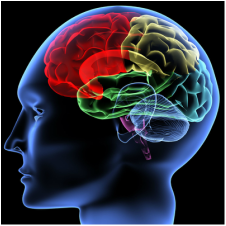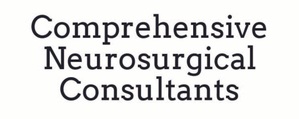
|
Intracranial Brain Tumors and Cysts
Primary (glioma, meningioma) Secondary (metastatic) Colloid Cysts Arachnoid Cysts Skull Base Tumors and Cranial Nerve Disorders Acoustic Neuromas Olfactory Neuroblastomas Pituitary Adenomas Trigeminal Neuralgia (Craniofacial Pain Syndromes) (read more) Glossypharyngeal Neuralgia (read more) Hemi-Facial Spasm Intracranial Vascular Abnormalities Aneurysms Arteriovenous Malformations Hydrocephalus Third Ventriculostomies Ventriculoperitoneal Shunts Intraoperative MRI MR-Guided Laser Ablation of Intracranial Tumors Gamma Knife Stereotactic Radiosurgery Epilepsy Surgery Chiari Malformation |
|
Transnasal/Endoscopic Pituitary and Skull Base Surgery
Intraventricular Tumor, Colloid Cyst, and Cysticercosis Removal Arachnoid Cyst Fenestration Hydrocephalus: -Third Ventriculostomy -Septum Pellucidotomy -Ventricular Catheter Placement Foreign Body Retrieval Endoscope-Assisted Surgery: Skull Base Tumors Acoustic Neuromas Microvascular Decompression |
|
Carpal Tunnel Syndrome (read more)
Ulnar Neuropathy Peroneal Neuropathy Other Entrapment Neuropathies Peripheral Nerve Tumors |
